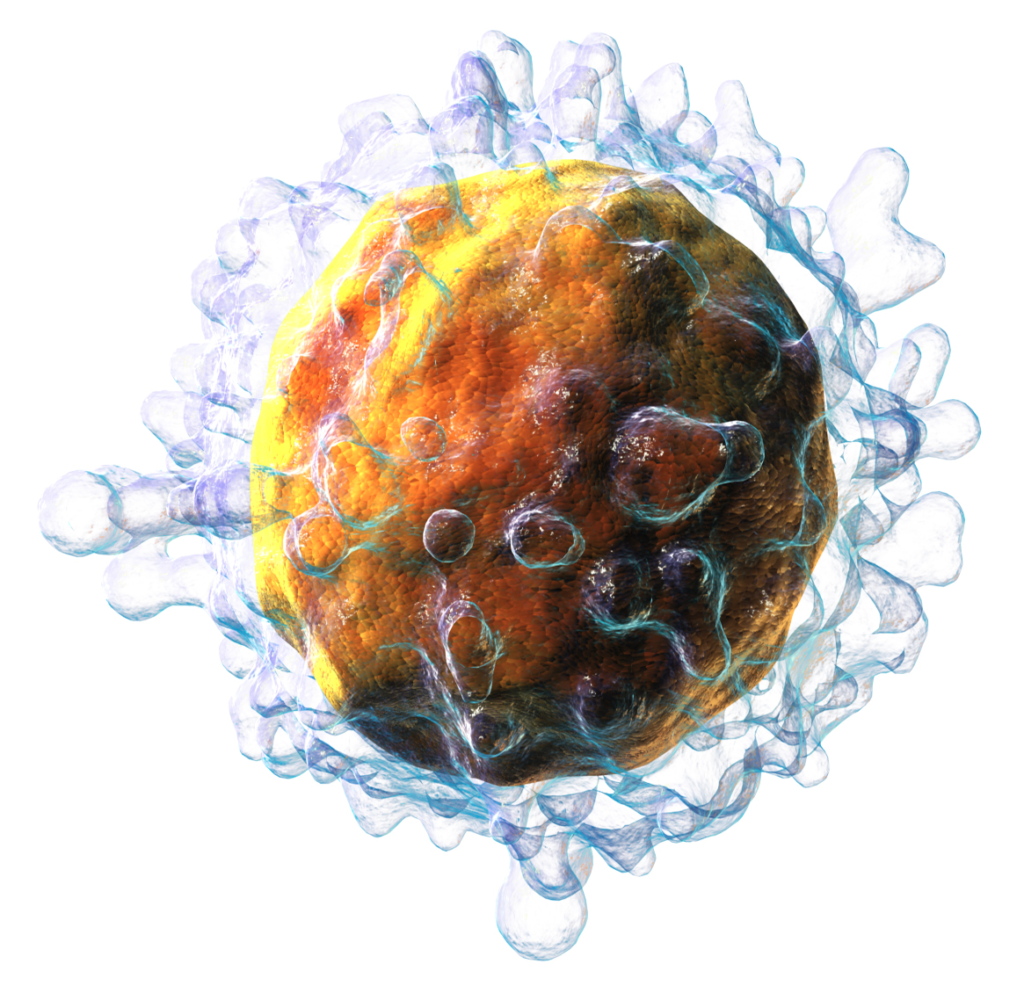Latest Article
Engineered Cell Therapies
A New Frontier in Cancer Treatment
Engineered cell therapies represent a groundbreaking approach to cancer treatment, harnessing the power of our own immune system to fight disease. By genetically modifying immune cells to recognize and attack cancer cells, these therapies offer a promising avenue for treating various types of cancer.

Engineered Cell Therapies:
A New Frontier in Cancer Treatment
Engineered cell therapies represent a groundbreaking approach to cancer treatment, harnessing the power of our own immune system to fight disease. By genetically modifying immune cells to recognize and attack cancer cells, these therapies offer a promising avenue for treating various types of cancer.
How Engineered Cell Therapies Work
One of the most promising types of engineered cell therapy is CAR T-cell therapy. In this approach, T cells, a type of white blood cell, are extracted from a patient’s blood and genetically engineered to express a chimeric antigen receptor (CAR) on their surface. This CAR enables the T cells to recognize and bind to specific proteins, or antigens, on the surface of cancer cells. Once activated, the engineered T cells proliferate and attack the cancer cells, leading to their destruction.
The Potential of Engineered Cell Therapies
Engineered cell therapies have demonstrated remarkable success, particularly in treating certain blood cancers like leukemia and lymphoma. They have shown the ability to induce durable remissions in patients who have failed conventional therapies. However, challenges remain, including the development of side effects like cytokine release syndrome and neurotoxicity. Additionally, extending the effectiveness of these therapies to solid tumors, which are more complex and heterogeneous than blood cancers, is a significant challenge.
The Future of Engineered Cell Therapies
Despite these challenges, the future of engineered cell therapies is bright. Ongoing research is focused on improving the safety and efficacy of these treatments. Scientists are exploring ways to enhance the specificity of CAR T cells, reduce side effects, and expand their applicability to a wider range of cancers. Furthermore, combining engineered cell therapies with other treatments, such as immunotherapy and targeted therapies, may offer synergistic benefits.
In conclusion, engineered cell therapies hold immense potential to revolutionize cancer treatment.
As research continues to advance, we can anticipate even greater breakthroughs in the fight against this deadly diseases.
